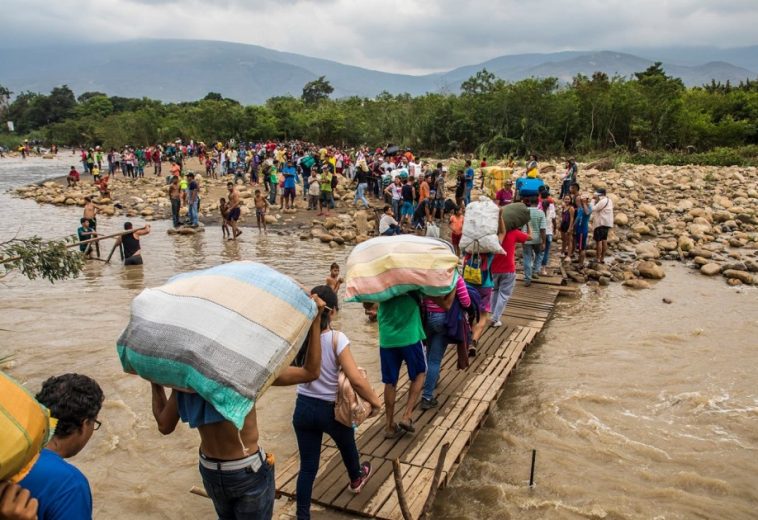United Nations Secretary-General António Guterres has called for urgent reform of the Security Council, criticising its outdated structure and the lack of African representation, which he argues undermines the Council’s credibility and global legitimacy.
Guterres made this appeal while addressing world leaders at the ongoing 79th session of the United Nations General Assembly in New York, United States.
He emphasised that the Security Council, established in the aftermath of World War II, no longer reflects current global realities. Africa, home to over a billion people and numerous security challenges, remains without permanent representation. This under-representation creates a disconnect between the Council’s decisions and the realities on the ground in Africa.
Origins of the UN Security Council
The United Nations Security Council (UNSC) was established on 24 October 1945, following the end of World War II and the founding of the United Nations. Its first session was held on 17 January 1946 at Church House, Westminster, London. The UNSC was created to maintain international peace and security, with responsibilities including conflict prevention, military intervention, sanctions, and authorising peacekeeping operations.
Originally, the UNSC consisted of 11 members: five permanent members—the United States, Soviet Union, China, France, and the United Kingdom—and six non-permanent members elected for two-year terms.
Today, the UNSC has 15 members, comprising the same five permanent members with veto power, and 10 non-permanent members elected for two-year terms. However, Africa remains sidelined, despite hosting nearly half of all UN peacekeeping operations. Notably, 40% of UN peacekeepers are African, highlighting the continent’s significant contribution to global peace and security.
READ ALSO: UN General Assembly 2024: Africa’s Hopes Amid Global Expectations
Africa’s Call for Representation
The African Union has long advocated for two permanent seats for Africa on the Security Council, alongside two additional non-permanent seats. This is not only a matter of fairness but a strategic necessity, which would enhance the legitimacy and effectiveness of the Security Council.
Guterres underscored that Africa is often over-represented in the crises addressed by the UN but under-represented in crafting the solutions. This imbalance, he stressed, requires urgent correction.
Granting Africa a permanent seat on the Security Council would address historical injustices, improve the Council’s legitimacy, and foster a more equitable global governance framework—ultimately benefiting both Africa and the international community.




